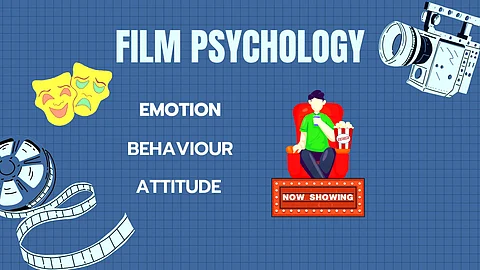MedBound Times connected with Dr. Pretty Duggar Gupta, Consultant Psychiatrist, Aster Hospital Whitefield, Bengaluru to share her expert insights on Cinematherapy
Dr. Pretty Duggar Gupta says, “As a psychiatrist, I view it as a valuable adjunct in the treatment of stress, anxiety, and depression. This can be cathartic, offering insight into personal struggles or providing a safe space to process difficult emotions. Cinematherapy can also help in relaxation by offering distraction, emotional release, and a sense of connection to others, reducing feelings of isolation. The emotional impact of films can stimulate empathy, encourage self-reflection, and even foster personal insights”


